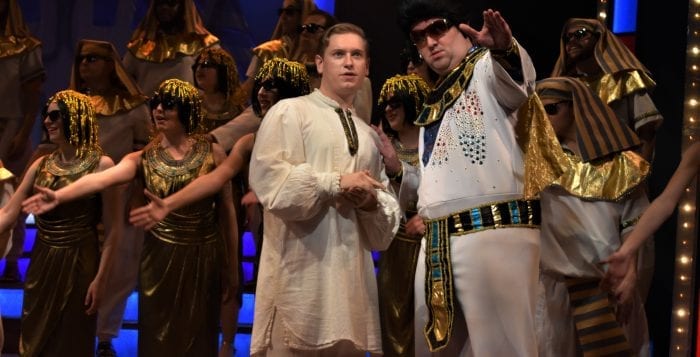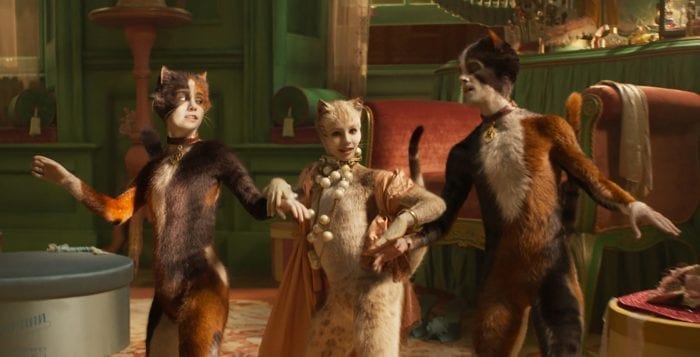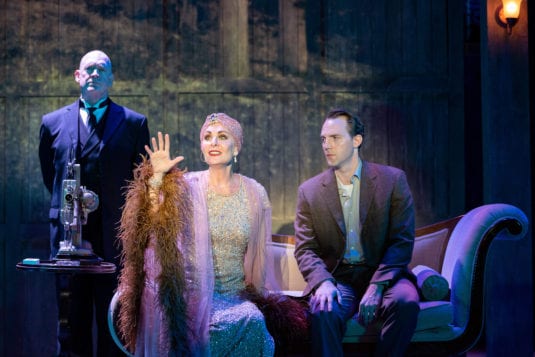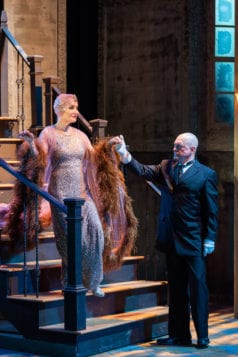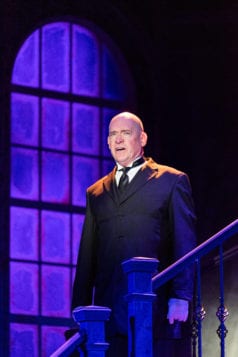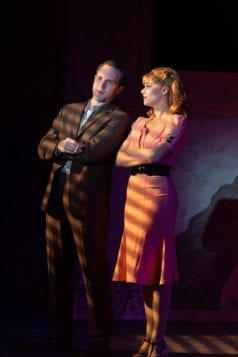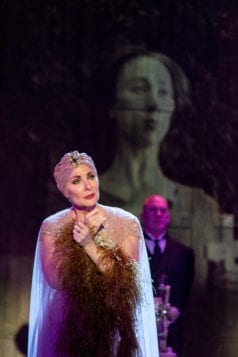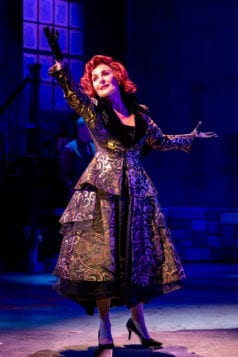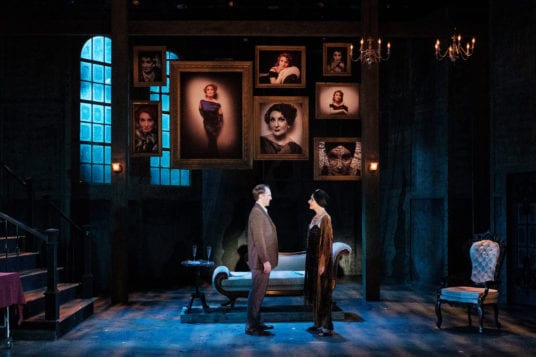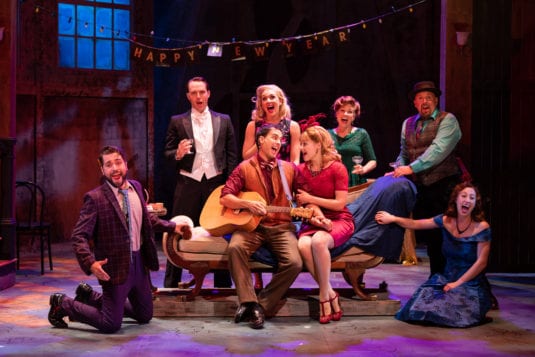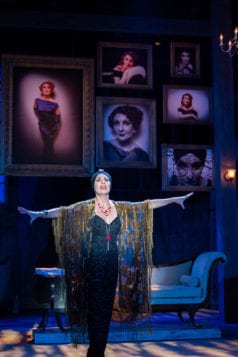By D. Bruce Lockerbie

I see that Theatre Three is staging a production of “Joseph and the Amazing Technicolor Dreamcoat,” highly praised by this newspaper’s critic. It’s one of our favorite musicals for both entertainment and personal reasons. We’ve seen several versions of the musical, including the 1982 Broadway production along with several school shows, and we look forward to seeing it again. Here’s why.
In 1974, our family was finishing a sabbatical year in Cambridge, England. The leave granted me by The Stony Brook School had given Lory and me an opportunity to take our three teenagers around the world — Asia, the Indian sub-continent, Africa, Israel, Europe, then Great Britain, where we settled for the final five months.
The British academic calendar extends into early summer, and so we attended several of Cambridge University’s college plays —Shakespeare’s Twelfth Night, Charley’s Aunt, and other standard student productions.
But the most memorable was a show we’d never heard of, staged in a small theatre in Market Square. According to its publicity, this was an ever-expanding trial run of Joseph and the Amazing Technicolor Dreamcoat from its origins as a cantata being prepared for entry as a musical in the forthcoming Edinburgh Festival later that summer.
It was a modest production: No orchestra, just two pianos, on one of which the 26-year old composer Andrew Lloyd Webber pounded out his catchy tunes. We loved the show and bought the newly released LP recording, which we played until its grooves wore thin. “Hey, hey, hey, Joseph, you know what they say?” and “Any dream will do” remain in memory.
Three decades later, our older son Don — one of those teenagers — had grown into an international sports event producer, involved in staging FIFA World Cup and the Olympic Games and the Super Bowl, among other events. In 2007, he was in charge of Cricket World Cup, hosted by nine nations in the West Indies. Lory and I went to see the matches being played in Saint Kitts, pitting Australia, Holland, Scotland, and South Africa against each other. Fans from around the world joined us to support the game the British Empire made popular.
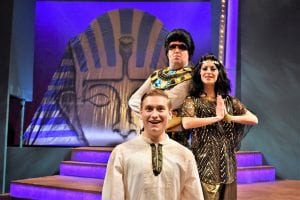
As parents of the man most responsible for the tournament, we were seated with various dignitaries in the St. Kitt’s President’s box.
One afternoon, as lunchtime arrived and the match was solemnly suspended, we made our way to the dining area adjacent to the cricket grounds. Don whispered to me, “Do you know who’s just ahead of you? Sir Tim Rice.”
The food line was moving slowly, so I took the opportunity to introduce my wife and me to the knighted lyricist and collaborator with Lloyd Webber. He was gracious, asking what a pair of Americans was doing at a World Cup cricket match. I explained why, then went on to say, “We saw one of your early productions of Joseph in a Cambridge theatre in 1974.”
“Did you recognize me in the cast?” he asked.
“No, not that I recall . . .,” I admitted.
“I was Pharaoh,” he replied with great laughter.
“Oh, I get it! The King!” I said, and we went on to enjoy lunch together. ‘
Those of you who have already seen the local or any other production of Joseph will understand the double joke that opens Act II of the show. I won’t spoil it for the rest of you.
During our meal, Sir Tim talked about how gifted his composer-collaborator is and told this story: One day, Andrew sat at a piano and played a few measures of a new song for his father, the organist-composer William Lloyd Webber. “What does that sound like?” the son asked his father, who replied, “It sounds like five billion pounds (money) to me!” The tune became “Memory” in the show Cats. “Andrew’s father was prophetic,” said Tim Rice.
We have our Theatre Three tickets for later this month. See you there.
D. Bruce Lockerbie, a longtime resident of the Three Villages, is the author/editor of 40 books and heads an international educational consulting agency called PAIDEIA, Inc.

